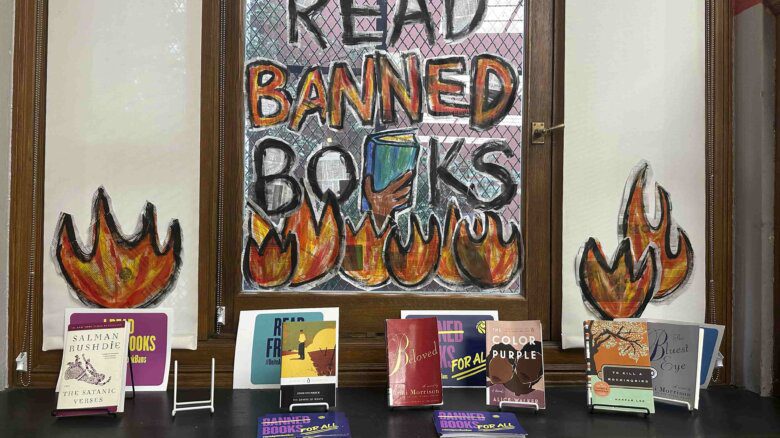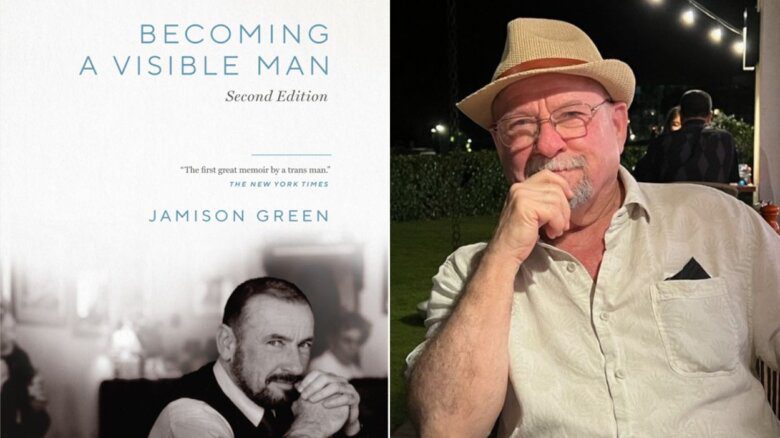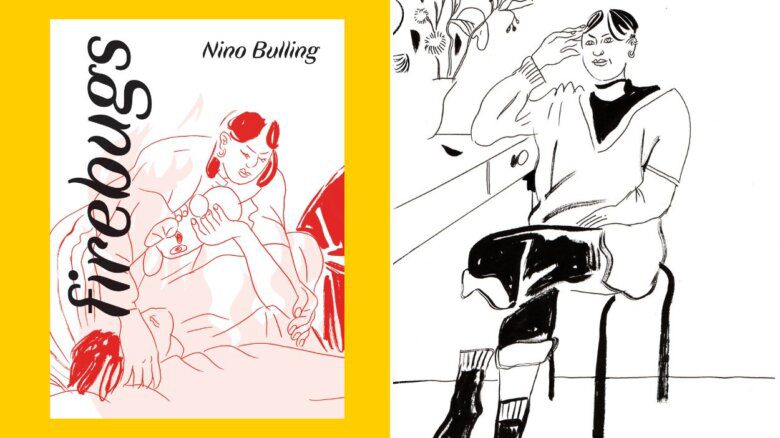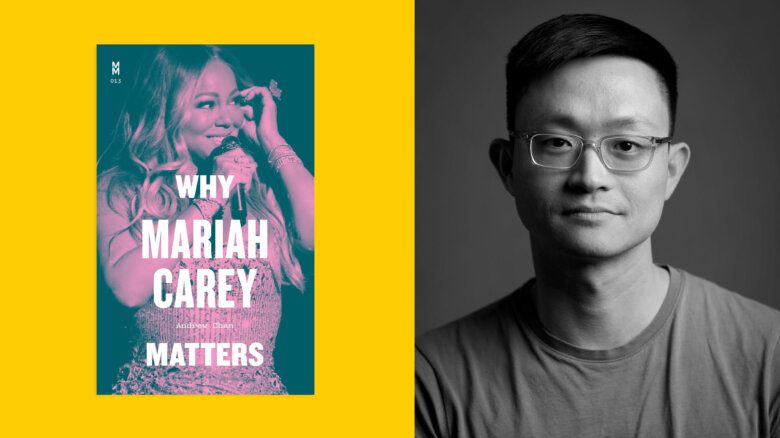Angel B.H.’s debut novel All Hookers Go to Heaven is described as a “sex worker coming of age story,” and it is in every possibly intonation—it’s a coming into sex work story, it’s a coming of age story, it’s a coming of age through sex work story. We follow main character Magdalena through her tightly wound, somewhat oppressive upbringing by Evangelical parents, her first classically devastating queer love and into what accounts for much of the novel: sex work.
For the first couple of chapters, our still very young main character is obsessed with the idea of Heaven; this utopian idea of serene peace, safety, security, the ability to be herself without fear of repercussion or rejection. The seemingly straightforward path to salvation is rocked by what you could call Mag’s queer awakening, where after being kissed by the classic Cool Girl, she states, “All thoughts of my future in Heaven were cast aside; after all, what was Heaven if not belonging—belonging to her.” Mags then moves—spoiler alert, with a broken heart—from small-town Nova Scotia to Montreal, finding slow confidence in her queerness and determined to become an “anti-virgin.” Drawn in by the glamour and mystery of Montreal strippers, she adopts what she calls the Hustler’s Curse; described as an insatiable desire to hustle and chase money wherever it takes her. The idea of Heaven isn’t mentioned as explicitly from then on, but it comes up in different ways—a friend talking about how she should have saved money to retire on an island bereft of men; the relief of having enough money to pay rent for several months; the comfort of protecting one’s true self and showing it only to those deserving.
Angel B.H.’s prose is sharp and easy—poetic enough that I stopped to appreciate lines like “possessed by the spirit of capitalism, we create our own Mythologies,” but never stumbling into convolution or hamfistedness. I was surprised to learn it was her first novel; the writing felt polished and confident. The tone is neither that of someone speaking to a friend nor performing for an audience, but something simultaneously more intimate and analytical. The book is murky in its timeline, but seems to take place over several years. Some moments are recalled with edged clarity, while stretches of months are only gestured to. The reader isn’t owed a complete life story, but rather allowed in for occasional moments of assessment, confession, nostalgia. The simultaneous professionalism and intense intimacy felt appropriate for the subject matter; a taste of the boundaries perfected by a seasoned sex worker.
What results is an experience that is both exciting and stressful, sometimes funny. Readers familiar with sex work will see familiar emotional patterns play out; a new trick will enter and bring with him excitement and optimism—Mag tells us that this could be THE trick to end all tricks, a nice rich man, a safe rich man, and we want to believe her. Despite the optimism, there’s a little voice reminding us that we’re only a quarter of the way through the book. The feeling isn’t dissimilar to watching Jaws for the first time fifty years after its release; you know what’s coming, which makes the suspense even more gripping, and the inevitable crash even more heartbreaking.
The first third of the novel invites a nostalgia for an era of sex work long gone: iconic Montreal strip club Supersexe (closed in 2017), Backpage ads (seized in 2018), pay for play on Seeking Arrangements (which now earns you an instant ban from the platform). SESTA/FOSTA hits about halfway through, and so All Hookers Go to Heaven operates not only as a novel but also as a practical explanation of the fallout of the controversial and widely protested U.S. legislation that not only severely affected sex workers’ ability to work, but limited their access to harm reduction tools and services. Angel B.H. paints a hands-on picture of an era of change: it’s one thing to read about Backpage going down, but it’s a more holistic explanation to first learn about how someone uses a service and the fallout of its loss—missing income, dwindling savings, risky alternatives and all.
One of the most interesting—and recurring—aspects of All Hookers Go to Heaven is touring; our heroine takes us all over the world, with chapters often named after the places she finds herself in the pursuit of cash, stability and adventure. As a result, we get glimpses into multiple countries’ ways of attempting to manage their local economies of intimacy, and the international entrepreneurs it attracts. The downsides of the Nordic model, for example—often incorrectly heralded as a sex-worker-friendly option—are deftly broken down for the reader without ever having to enter legalese or exposition.
Also at the forefront is queerness: a celebration of Mag’s queerness, an easy acceptance of ever-evolving sexuality and when relevant, a mourning of how something beautiful like queer joy, hope, attraction, love, can be muddied and exploited by capitalism and—let’s be honest—gross cisheterosexual men with money to burn. Starting out identifying as a lesbian and moving into bisexuality, Magdalena’s experiences with and relationship to sex work is never without her queerness; we get to hear about the confusion, betrayal and even hope and enjoyment that comes from being a queer sex worker. Many of the friends introduced throughout the book are also queer, and lines between friends, coworkers and lovers blur easily. I appreciated how fluidly Mags moves through her own understanding of her sexuality—accepting comfort and attraction where it comes.
At one point in the novel, a client asks Mag if anything “bad” has ever happened to her. We, the reader, squirm in discomfort along with Mag: at this point we know that it has; many of her experiences throughout the book range from unpleasant to traumatic. It’s difficult to write a novel about sex work without delving into its darker side; I’ve read attempts—paperbacks with sexy covers waxing poetic about how empowering it is to “reclaim sexuality,” things that fall flat. This book isn’t one of those—but it isn’t a bleak trauma porn theatre either. Its point is pretty clear: ultimately sex work is work, and work is oppressive. The Hustler’s Curse may have been inspired by strip culture, but the lure of money can trap even the most prudish among us. After all, how different is this curse from #grindset or whatever new frame the claws of capitalism has built for itself? How different is it from the young Magdalena’s attempts to chase ever-unattainable religious approval — the Heaven she seeks? All Hookers Go to Heaven doesn’t gloss over sex work’s pitfalls, but continuously reminds readers who the villains are—capitalism, oppressive legislation, exploitative men. It’s not an escape narrative, there is no triumphant return to “normal” life like so many pieces of media about sex work like to end with. The novel ends on an ambiguous note, unclear whether our main character will stay in the business or not. She, and the people who surround her, understand its drawbacks, but enjoy the perks, like any other job.
All Hookers Go to Heaven is an impressively sharp, beautifully written first novel—it would be an impressively sharp and beautifully written second, third, or fourth novel too for the record—but the fact that Angel B.H. can come right out the gate with such a defined and clean authorial voice is a feat worth noting. Her work has insight and stories to offer both seasoned sex workers and those who have never stepped foot in a Pleaser alike.
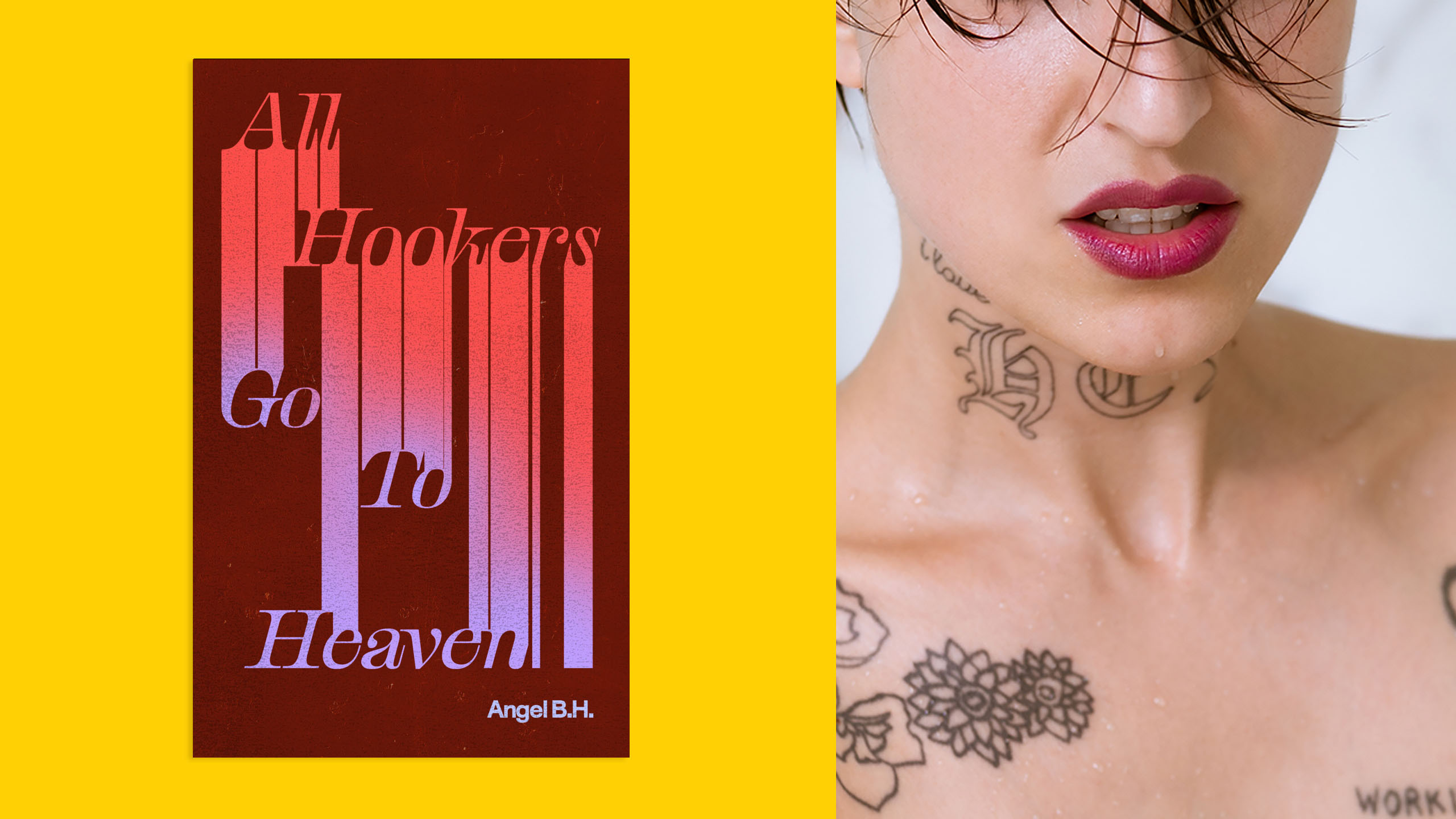

 Why you can trust Xtra
Why you can trust Xtra